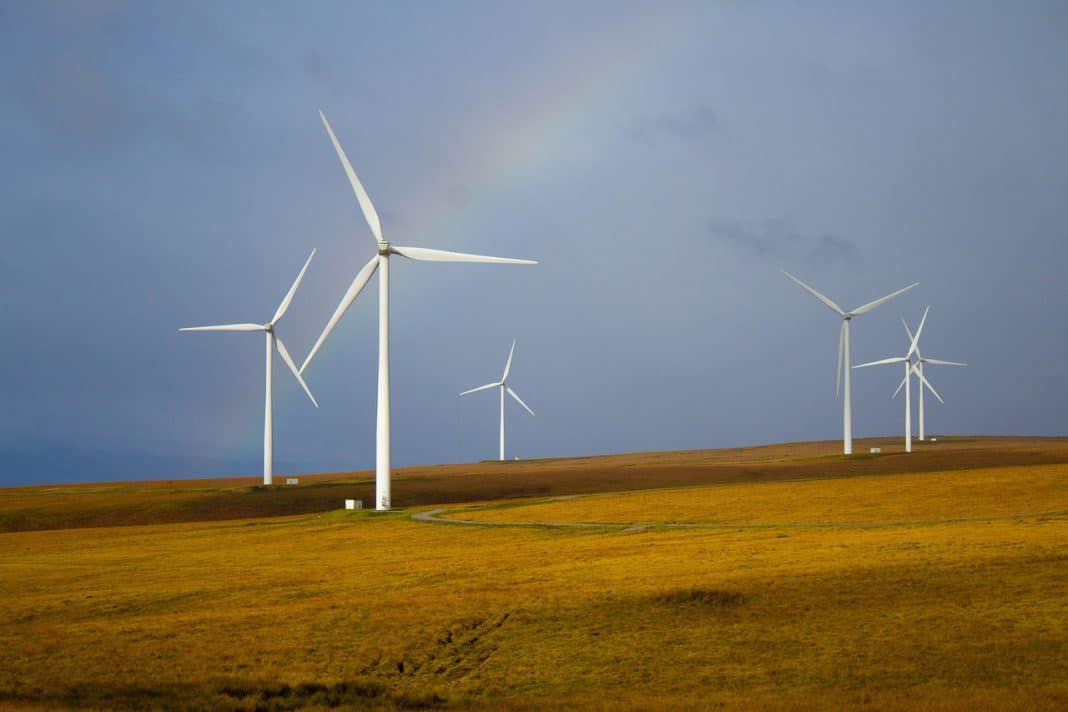In a green energy push, the UK plans to have renewables auctions every year to support low-carbon electricity. Currently, the UK has them every two years.
The UK believes this change is the best way to stop volatile gas prices. Also, it will give firms investing in wind and solar energy an incentive to keep doing so.
According to Energy Secretary Kwasi Kwarteng, “We are hitting the accelerator on domestic electricity production to boost energy security, attract private investment and create jobs in our industrial heartlands.”
Kwarteng went on to say, “The more clean, cheap, and secure power we generate at home, the less exposed we will be to expensive gas prices set by international markets.”
Renewables Auctions can help the UK meet net-zero emissions goals.
The UK wants to meet net-zero emissions by 2050.
So, in addition to their Emissions Trading System (ETS), the UK must do more.
To hit targets, the UK must quadruple its installation rate. This is no easy feat. But, renewables auctions are a way to do just that.
Investments include onshore wind, solar, floating wind, green hydrogen, and marine power.
According to Morag Watson, director of policy at Scottish Renewables, “By 2050, electricity demand will have almost doubled, and the vast majority of that electricity must come from renewable sources if we are to meet net-zero [emissions].
However, some in the UK do not approve. They believe the UK should produce its own gas by fracking to prevent price increases.
Where did renewables auctions come from? Are they effective?
Renewables auctions were developed by an unknown UK civil servant. They have helped to drive down the price of wind by 65% in the UK.
Renewables auctions have also saved billions of pounds globally.
As such, these auctions have been copied around the globe.

